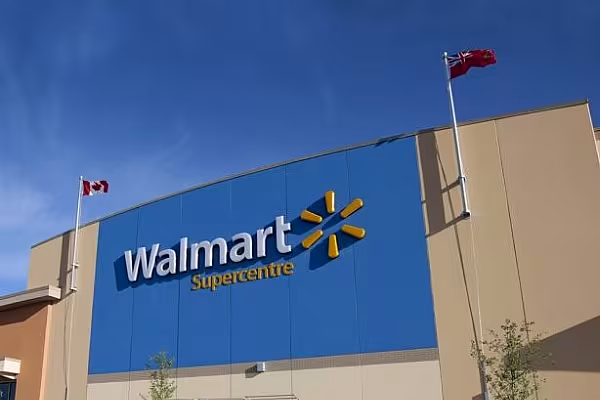Wal-Mart Stores Inc., the world’s biggest retailer, is joining forces with McKesson Corp., the largest U.S. pharmaceutical distributor, to purchase generic drugs, allowing the two companies to use their collective size to get better prices.
The move reflects growing consolidation in the pharmaceutical supply chain, as drugstores, drugmakers and the companies that manage pharmacy benefits are collaborating more closely -- in some cases merging -- to wring costs out of the process. Wal-Mart and McKesson, which have a three-decade history of working together, say the move to buy generic medicines together will add efficiency and value to their operations.
The agreement is a win for McKesson’s generic drugs buying operation, which took a hit from the expiration of its contract with UnitedHealth Group Inc.’s Optum unit and changes in contracts with Omnicare Inc. and Target Corp. Each week, about 140 million customers visit Wal-Mart’s 4,500 U.S. stores, according to the company. Wal-Mart has about $20 billion of annual pharmaceutical sales, including about $4 billion from generics, said Ross Muken, an analyst at Evercore ISI, in a note to clients.
Wal-Mart, which has been struggling to increase traffic to its stores, has pushed for years to lower its generic drug prices as it tries to expand its health-care business. In 2006, it shook up the industry when it began selling certain generic drugs for $4 per prescription, a move others soon followed. Wal-Mart relies on patients picking up prescription refills to help generate a regular flow of customers and recently has been experimenting with its own health clinics.
News by Bloomberg, edited by ESM. To subscribe to ESM: The European Supermarket Magazine, click here.











